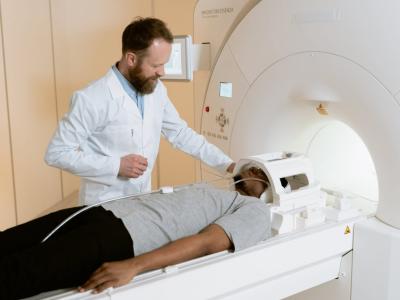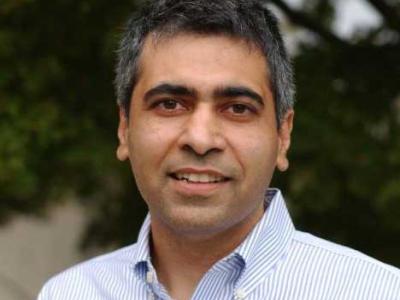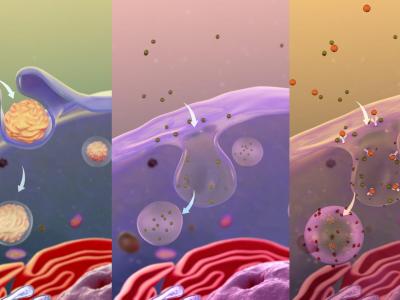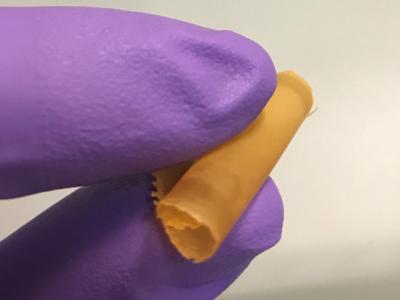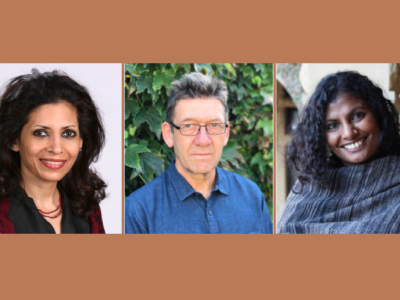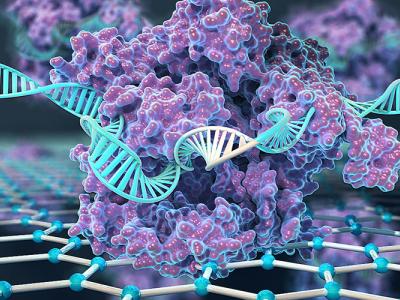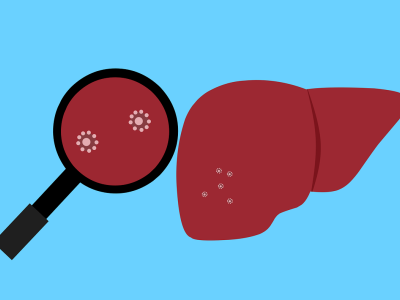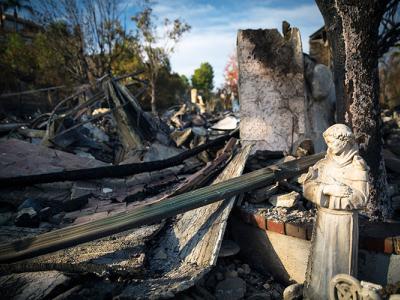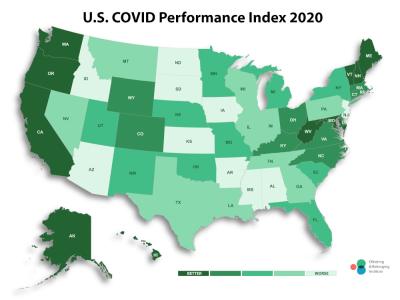In the United States, the rate of heart failure is expected to increase by 46 percent between 2012 and 2030, with Black patients disproportionately affected, experiencing higher rates of hospital readmissions and higher mortality rates. A new study from researchers at the UC Berkeley School of Public Health assessed quality improvement initiatives that could potentially reduce hospital readmissions for Black patients with heart failure.
Research News
Learn more about UC Berkeley's researchers and innovators.
Showing 1041 - 1056 of 3459 Results
SCET Faculty Director & Chief Scientist, Prof. Ikhlaq Sidhu has been awarded the University of California, Berkeley’s Extraordinary Teaching in Extraordinary Times Award for demonstrating his commitment to students and excellence in teaching, even under extraordinarily difficult circumstances.
The Schepartz lab at UC Berkeley recently reported a way to efficiently deliver therapeutic proteins into live cells and animals.
How many Tyrannosaurus rexes roamed North America during the Cretaceous period?
That’s a question Charles Marshall pestered his paleontologist colleagues with for years until he finally teamed up with his students to find an answer.
University of California, Berkeley, chemists have discovered a way to simplify the removal of toxic metals, like mercury and boron, during desalination to produce clean water, while at the same time potentially capturing valuable metals, such as gold.
Engineers at the University of California, Berkeley, have created a tiny wireless implant that can provide real-time measurements of tissue oxygen levels deep underneath the skin. The device, which is smaller than the average ladybug and powered by ultrasound waves, could help doctors monitor the health of transplanted organs or tissue and provide an early warning of potential transplant failure.
UC Berkeley-Stanford Collaborative Project “From Nation to Homeland: Religion, State and Belonging in South Asia” Receives $370,000 Grant from Henry Luce Foundation
Four UC Berkeley faculty are among this year’s 184 John Simon Guggenheim Memorial Foundation fellows. The prestigious awards recognize scholars with impressive achievements in fields ranging from the natural sciences to the creative arts.
Dan Werthimer, a co-founder of the popular screen saver SETI@home and a UC Berkeley astronomer who developed ever-more-sensitive radio receivers to aid the search for extraterrestrial intelligence on other planets, will share the 2021 Drake Award, named after the father of SETI, astronomer Frank Drake.
A study led by researchers at the Keck Graduate Institute (KGI), UC Berkeley and Vilnius University demonstrated new disease-detection capabilities of a hand-held device based on CRISPR gene editing technology, a development that could lead to faster, portable genetic testing for diagnostics and research.
Young children from low-income New York City families — many of them Black and Latinx — face continued disadvantages resulting from lower-quality preschools despite an ambitious program by Mayor Bill de Blasio to close racial disparities in early learning, says a new study by researchers at the University of California, Berkeley.
A recent paper produced by The Liver Forums’ Pediatric Working Group and published in the journal Gastroenterology combs through the research to look for the best treatment— a “silver bullet”—to treat pediatric nonalcoholic diseases drug development.
The long-anticipated fourth edition of Electrochemical Systems by John Newman and Nitash P. Balsara is now available.
The BBVA Foundation has awarded the Frontiers of Knowledge Award in the Basic Sciences category to Paul Alivisatos and Michael Grätzel for their fundamental contributions to the development of new nanomaterials that are already being applied both in solar energy production and in next-generation electronics.
In a paper published in the journal PLOS ONE, researchers at UC Berkeley and UC Hastings describe some of these long-term and often overlooked effects of wildfires, which can range from housing shortages and unemployment to mental health conditions that don’t surface until months or years after the final flames are extinguished.
BERKELEY, CA: Vermont, Alaska, and Maine were the three most effective states in responding to the coronavirus pandemic last year, a new analysis by UC Berkeley's Othering & Belonging Institute has found.

